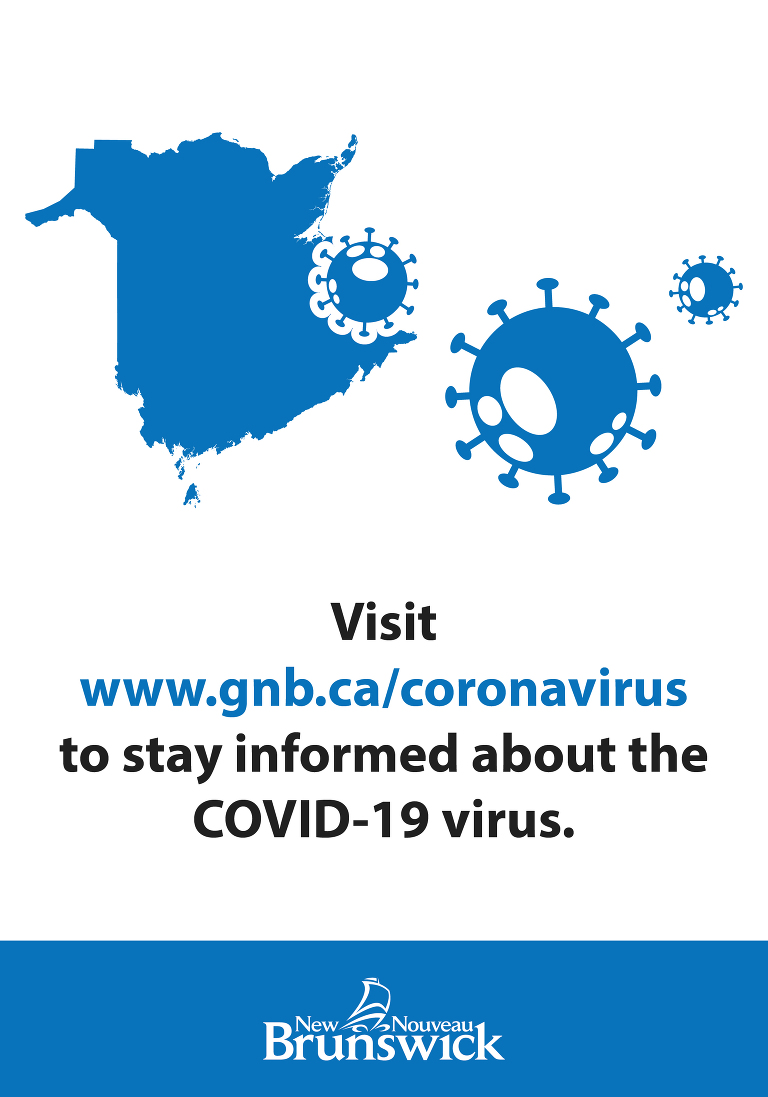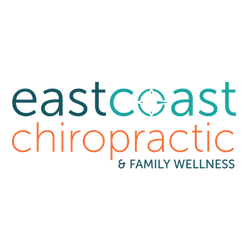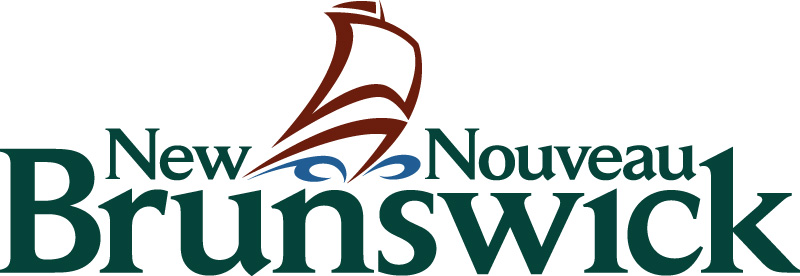.png)
One of the most common questions I see in public parent forums is “When can I switch my child to whole or homogenized milk?” The responses are all well-meaning but so varied. Even the medical literature and advice from different doctors may vary as the accepted recommendation to switch from formula or breast milk to whole milk is somewhere between 9 and 12 months. Let me explain why I suggest waiting until 12 months.
A full term infant has iron stores from their mother’s placenta that can last up to 4-6 months of age. If your child was born premature, however, please talk to your doctor about appropriate iron supplementation. At 4-6 months of age, the infant must now acquire iron sources from their nutrition to maintain the level of iron that its body needs. Iron deficiency can occur rapidly and may cause iron deficiency anemia, which is defined as a reduction in red blood cells or hemoglobin in the blood causing pallor and fatigue. More striking, iron deficiency can affect your child’s growth and development. And the deficits in growth and development are permanent; meaning you can’t go back to help them catch up. So iron deficiency needs to be prevented.
Until solids are introduced, your baby should be getting all the iron he/she needs through formula or breast milk. Formula is fortified with iron for the above reasons, and I would suggest avoiding the low iron formula if possible. Breast milk also has iron in it, but it can vary from one mother to another and is dependent on her iron stores. Therefore, a breastfeeding mother should ensure her diet is rich in iron or even supplement with iron if suggested by her physician. Although breastmilk iron content isn’t regulated and isn’t as easily measurable as formula, we know that the iron in breastmilk is more readily absorbed by the baby, so the quantity of iron in the breastmilk does not have to be as high as formula to ensure proper iron ingestion by the baby.
As discussed in previous posts, in order to prevent iron deficiency, we suggest starting with iron rich foods/cereals when your baby is ready to start solids (around 4-6 months old). Iron deficiency tends to present itself around 9 months of age. This is when babies are doing something new and cute almost every day. But these adorable new skills are dependent on iron stores to assist the brain’s work.
Too much whole milk too early can contribute to iron deficiency.
- Whole milk is very low in iron and the iron is not as easily absorbed as breast milk or formula.
- Whole milk can also reduce the absorption of iron from other sources ingested around the same time.
- Milk can be filling and prevent the child from eating other sources of iron rich foods.
- Too much whole milk can actually cause microbleeding in the gut which will reduce iron and red blood cells even further.
- Too much milk can be very constipating.
It is for these reasons that I recommend waiting to completely transition to whole milk until the child is at least 12 months old. This recommendation does not preclude you from introducing other dairy into your child’s diet – let them try cheese and yogourt. And it may take your baby some time to adjust to the new milk at 12 months, so let them taste whole milk or mix it in with formula or breast milk before you completely transition them closer to 12 months. Once transitioned to whole milk, a child should not exceed 16-24 oz (500-750ml) per day for the above reasons.
Whole milk has 3.25% of fat. Brain development and growth is working its hardest until 2 years of age. The brain has high fat requirements, and so it is recommended to continue higher fat milk until at least 2 years old, at which point you could safely switch to 2% or 1% milk.
If your family follows a Vegan diet or avoids Cow’s Milk for other reasons, and you are considering restricting dairy from your child’s diet, I urge you to seek a dietician’s assessment. In a recent joint statement from Health Canada, Canadian Paediatric Society, Dieticians of Canada, and Breastfeeding Committee for Canada, they advise that soy, rice, or other plant-based beverages, whether or not they are fortified, are inappropriate alternatives to cow milk in the first two years. There are concerns for several nutritional deficiencies if dairy is restricted from a child’s diet, including Calcium, Vitamin D, Vitamin B12, fat, and protein.
See HERE for more information on Plant Based Beverages for Children!
While we’re talking about liquids, it is a good habit to introduce water at meals when starting solids. This will also hopefully help prevent constipation as the infant adjusts to solids in its bowels. One of the more recent recommendations is to introduce liquids in an open cup. I must admit, this is a recommendation that I am still working on personally at home! They say it is a safe and easily learned skill in infancy; albeit a messy learning process. Studies show that transitioning to an open cup early can prevent prolonged bottle-feeding, which is associated with the consumption of excess calories and obesity. Ideally, if your child has mastered the open cup at meals, when it’s time to transition to whole milk, you’ll be able to do so into a cup and eliminate bottles at 12 months (which I’m sure will make the dentists happy too). Finally, while on the topic of liquids, there is really no need to give infants and toddlers sweetened beverages or juices. If you want to provide 100% fruit juice, the absolute maximum recommendation is 4oz (125ml) per day. Otherwise, the child is receiving empty calories and the sugar from too much juice can cause toddler’s diarrhea.
In conclusion, in order to prevent iron deficiency, I recommend waiting to completely transition your infant to whole milk until at least 12 months of age. Once transitioned, a child should never exceed 16-24 oz (500-750ml) of milk per day. Your child should be getting the higher fat milk (3.25%) while their brain is growing exponentially until 2 years of age, then you can safely switch them to 2% or 1% milk. I also encourage water at meals with an open cup and discourage giving juice to infants and toddlers.
Dr. Rachel Ouellette
See HERE for more information on Iron Deficiency Anemia
Disclaimer– The content provided in the Mom Talk Blog’s “Advice From a Pro” series is for information purposes only and is neither intended to be relied upon nor to be a substitute for professional medical advice, diagnosis or treatment. Never disregard professional medical advice or delay in seeking it because of something you have read on this Website. The information is intended for residents of Canada.
About the Author/ Paediatrician
.jpg)
Dr. Rachel Ouellette was born and raised in Fredericton, NB. She grew up with 3 brothers and both her parents were social workers in town. She graduated from Ecole Sainte-Anne in 1998 and pursued Biochemistry at UNB, followed by Psychology at STU. She completed medical school at Memorial University of NL and then finished her Paediatric residency at Queen’s University. Dr. Ouellette then returned home to practice General Consulting Paediatrics in 2011. Rachel loves her community and enjoys connecting with other community service people who share her passion for helping kids; whether it is in schools, counseling services, etc.
Rachel became a mother in 2015 and is expecting another at the end of 2016. She admits she entered motherhood self-assured and naïve. She thought she knew babies and kids and had definitely worked in sleep deprived situations. Rachel was humbly shocked, realizing what a BIG, difficult and confusing job being a mom can be! She battled through painful breastfeeding, she found out what it was really like to experience prolonged sleep deprivation (you can’t turn off the pager at the end of your shift). She even had to sit on the “other side” in a few medical situations. Motherhood has definitely affected how she practices medicine since she’s returned from maternity leave. There is a “Mama” (& “Papa”) instinct that isn’t taught in medical school. It cannot be studied in textbooks or reviewed in parenting books. As a parent, you know your child best, and you understand your child’s cues. Health care professionals need to really listen to the parent & child to reach the right diagnosis and initiate the right treatments.
Dr. Ouellette realizes there is so much information available to eager parents. Dr. Google can be helpful sometimes, but it mostly just causes worry and is filled with inaccurate information. It can be confusing and difficult to make parenting choices when, not only do you have so much information online, but there is typically (often unsolicited) advice and suggestions from friends, family, other moms and random people in grocery store line ups. Dr. Ouellette is not providing any new advice; she is summarizing and sharing information from legitimate medical sources that are usually supported by scientific research. This information is always advancing; even advice written this year, may not apply next year if new studies reveal new information. Dr. Ouellette hopes she can provide up to date, brief, succinct answers to common Paediatric or parenting questions. She is open to topics, so please share your requests with the Mom Talk Blog editors.




















Years ago, my doctor kept insisting I switch my son to whole milk. He wouldn’t drink it and it was suggested I mix it with formula in increasing proportions until it was all whole milk. Guess what? He has serious milk issues! When a child consistently refuses specific foods, there’s always a good reason. We should specifically be careful until the filtering lining in the intestines is completely formed to avoid causing lasting issues. I think that’s 36 months but I’m not 100% sure of that.